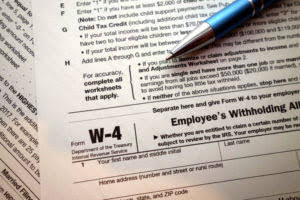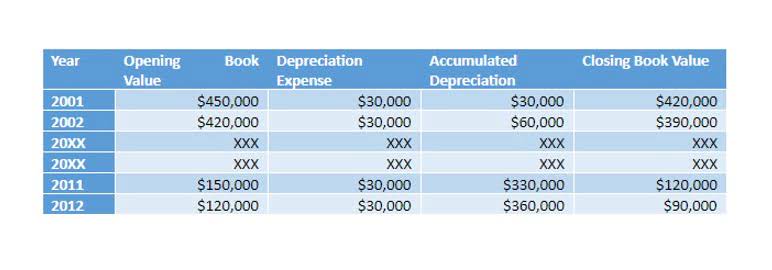
These ten concepts provide the basis for a broad range of GAAP standards and processes. GAAP covers an enormous number of topics, including assets, liabilities, equity, expenses, leases, non-monetary transactions, derivatives, business combinations, and more. To find out exactly what accounting standards your business needs to follow, you’ll need to access the Accounting Standards Codification, provided by the FASB.

GAAP ensures the key topics of revenue recognition, balance sheet classification and materiality are easy to understand across all documents from all companies. There are some important differences in how accounting entries are treated in GAAP as opposed to IFRS. IFRS rules ban the use of last-in, first-out (LIFO) inventory accounting methods, while GAAP rules allow for LIFO. If there is any additional or relevant information needed to understand the financial reports, it must be fully disclosed in the notes, footnotes or description of the report. The SEC does not set GAAP; GAAP is primarily issued by the Financial Accounting Standards Board (FASB).
Are GAAP Standards Legally Required?
The Committee on Accounting Procedure, which was also established under AICPA, set accounting standards from 1939 to 1959. Errors and omissions can impact a company’s credibility with lenders, investors, and other parties who rely on financial statements for an accurate picture of a company’s finances. The SEC does not take a kind view of companies that fail to conform to GAAP.
- GAAP regulations require that non-GAAP measures be identified in financial statements and other public disclosures, such as press releases.
- Integrity Network members typically work full time in their industry profession and review content for Accounting.com as a side project.
- The Financial Accounting Standards Board (FASB) uses GAAP as the foundation for its comprehensive set of approved accounting methods and practices.
- To facilitate comparisons between companies, this information must conform to certain accounting standards or principles called generally accepted accounting principles (GAAP).
- Reports must therefore be thorough and clear, without any omissions or modifications.
- Consistency refers to a company’s use of accounting principles over time.
And when there are two appropriate ways to report an item, GAAP dictates that the accountant must choose the reporting format that shows a lower net income or smaller asset valuation. GAAP was established so anyone evaluating financial reports for public gaap is concerned with making sure that financial reports are companies to could feel confident in making a side-by-side comparison. It is so effective that another organization was later formed to provide the same oversight for state and local governments – the Government Accounting Standards Board, or GASB.
